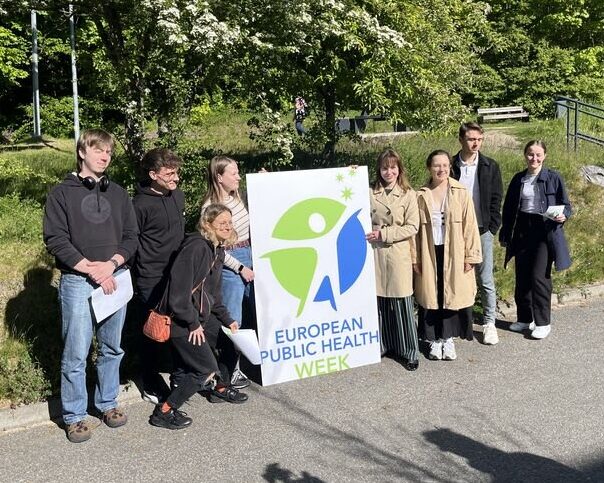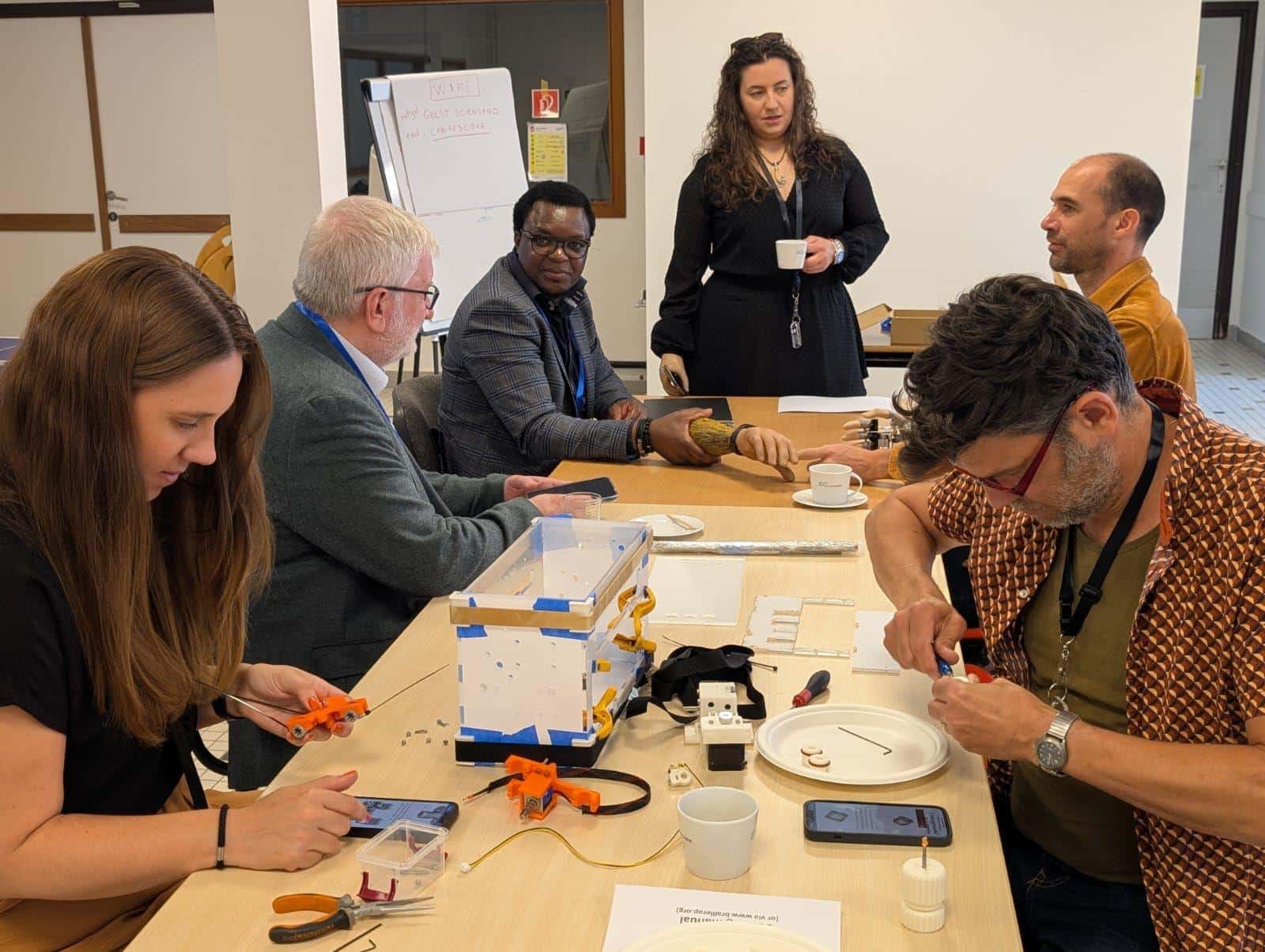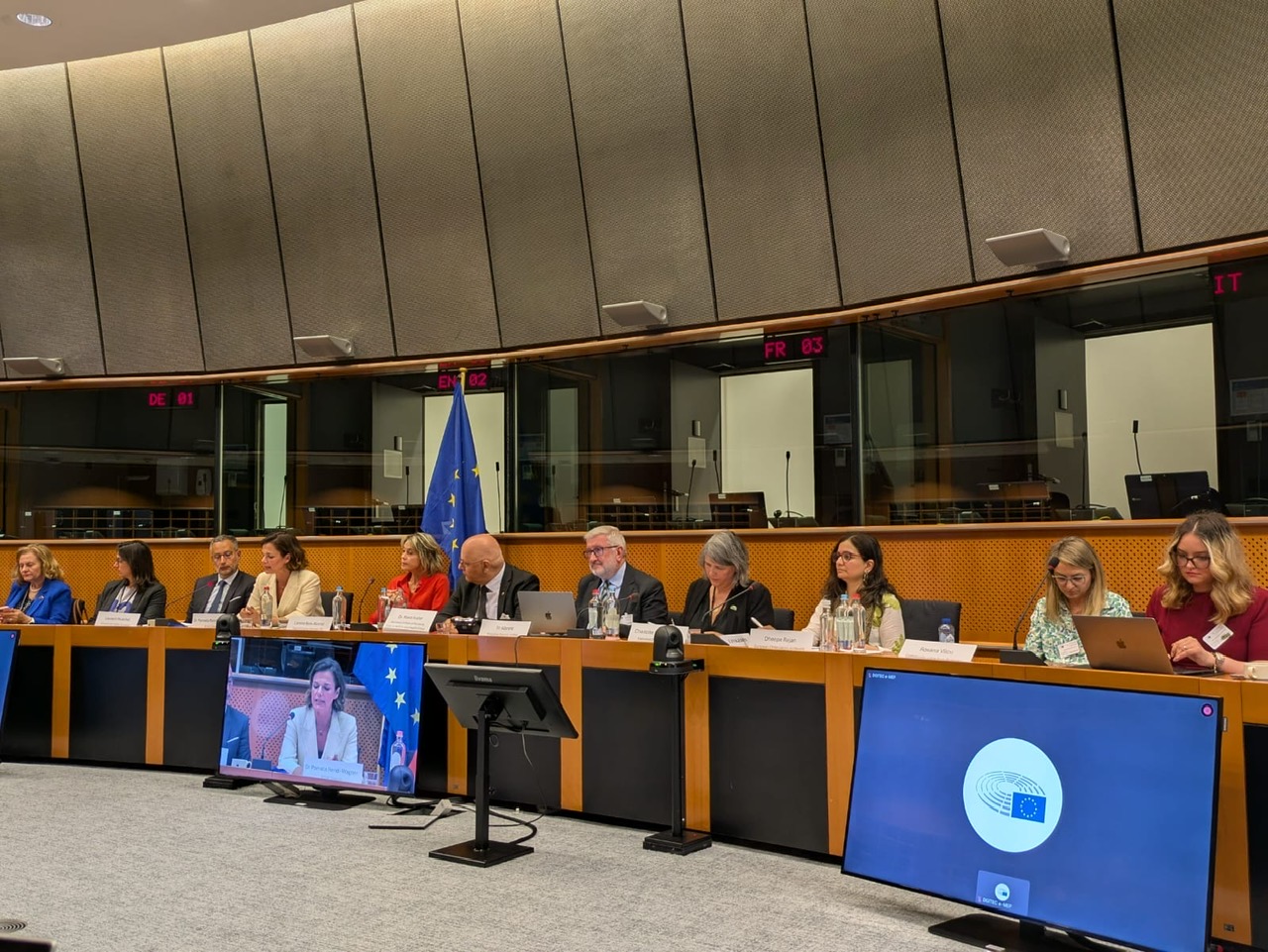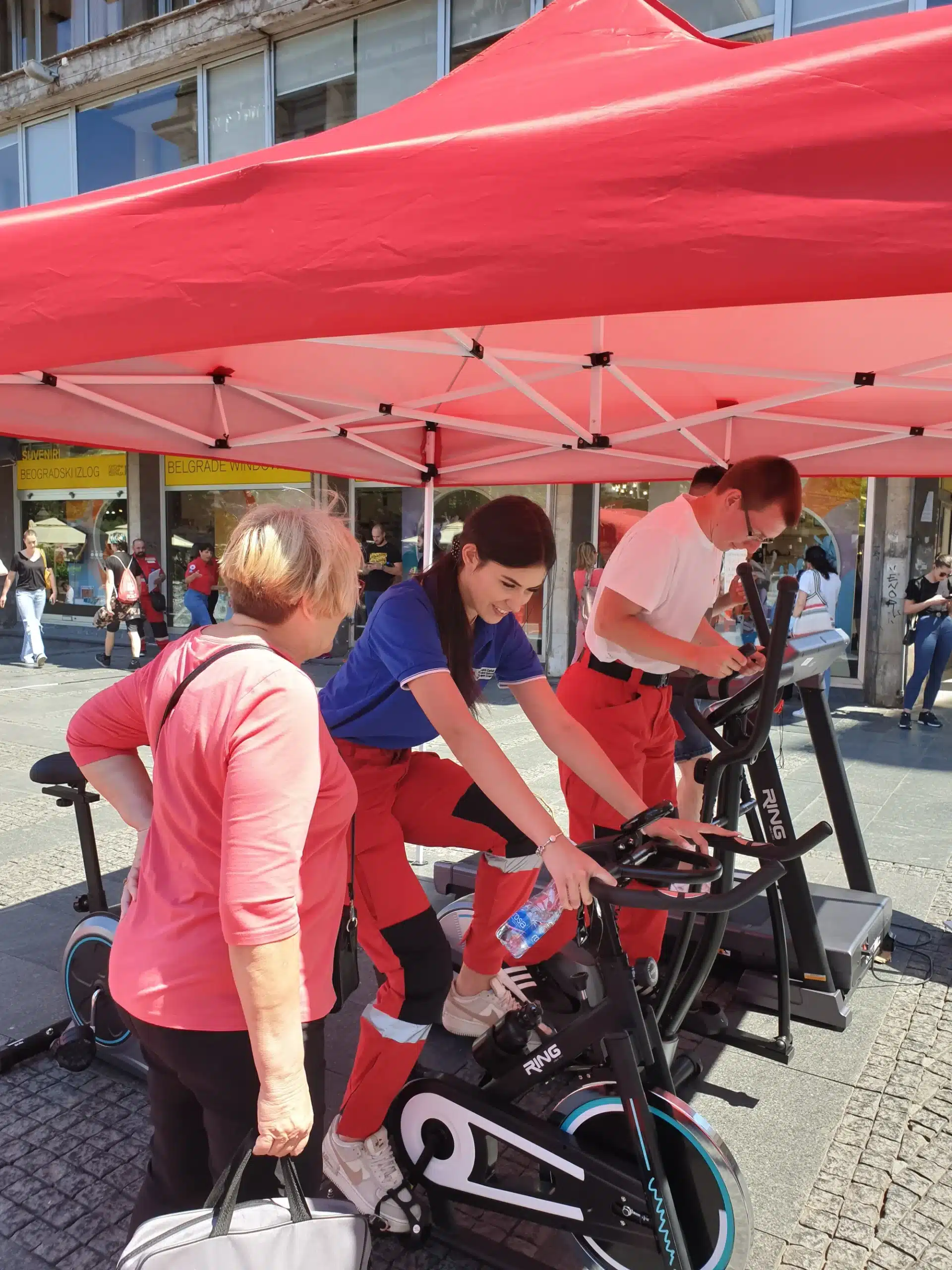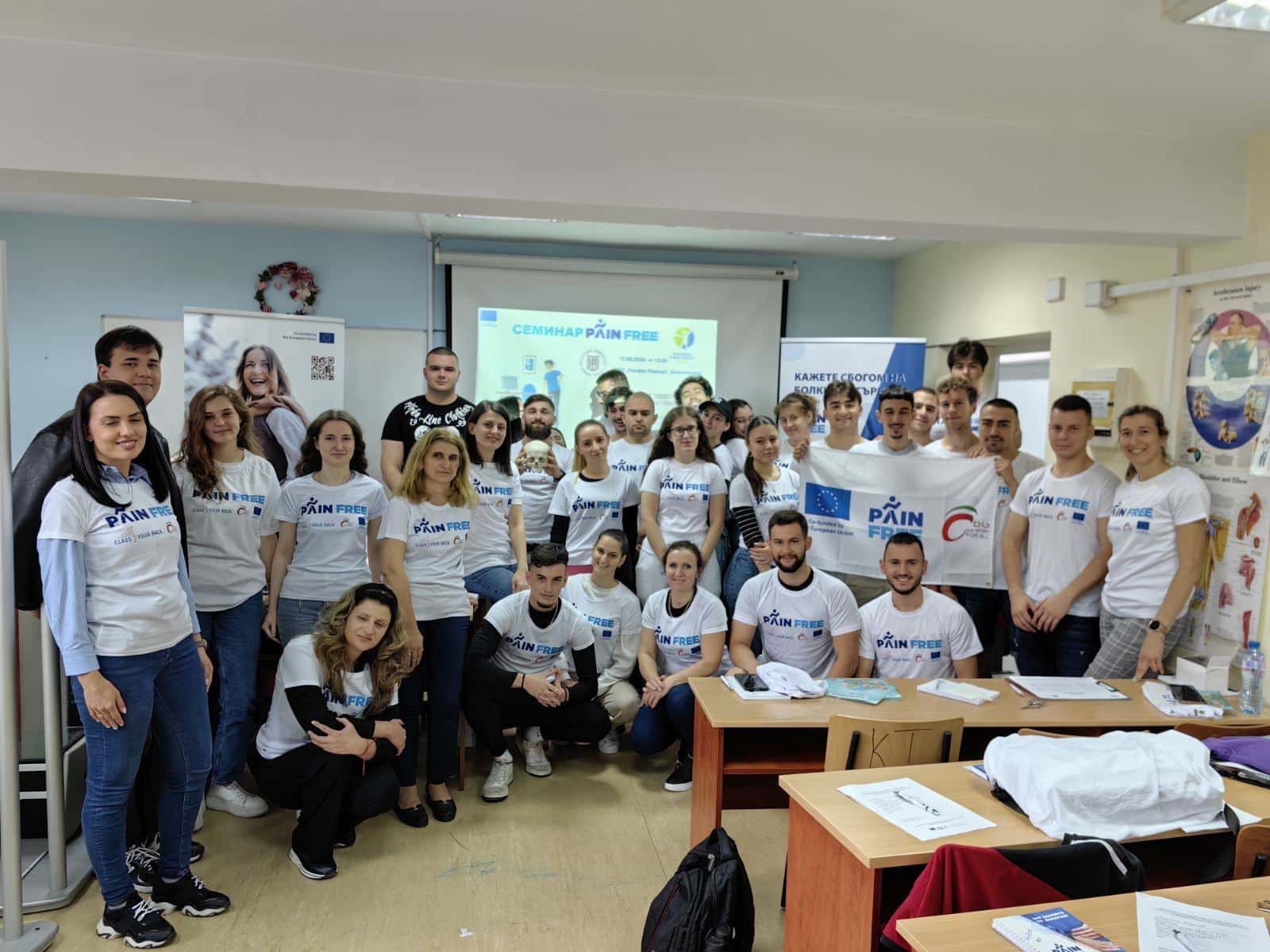European Public Health Week (EUPHW) is an annual initiative led by EUPHA to shine a spotlight on public health. Each year, hundreds of organizations and thousands of individuals across Europe come together to host activities, share knowledge, and raise awareness of important public health challenges and solutions.
EUPHW is open to everyone: from national health institutes and universities, to local communities, schools, and civil society groups. The week offers a unique opportunity to exchange experiences, inspire action, and highlight the value of public health to our societies.

